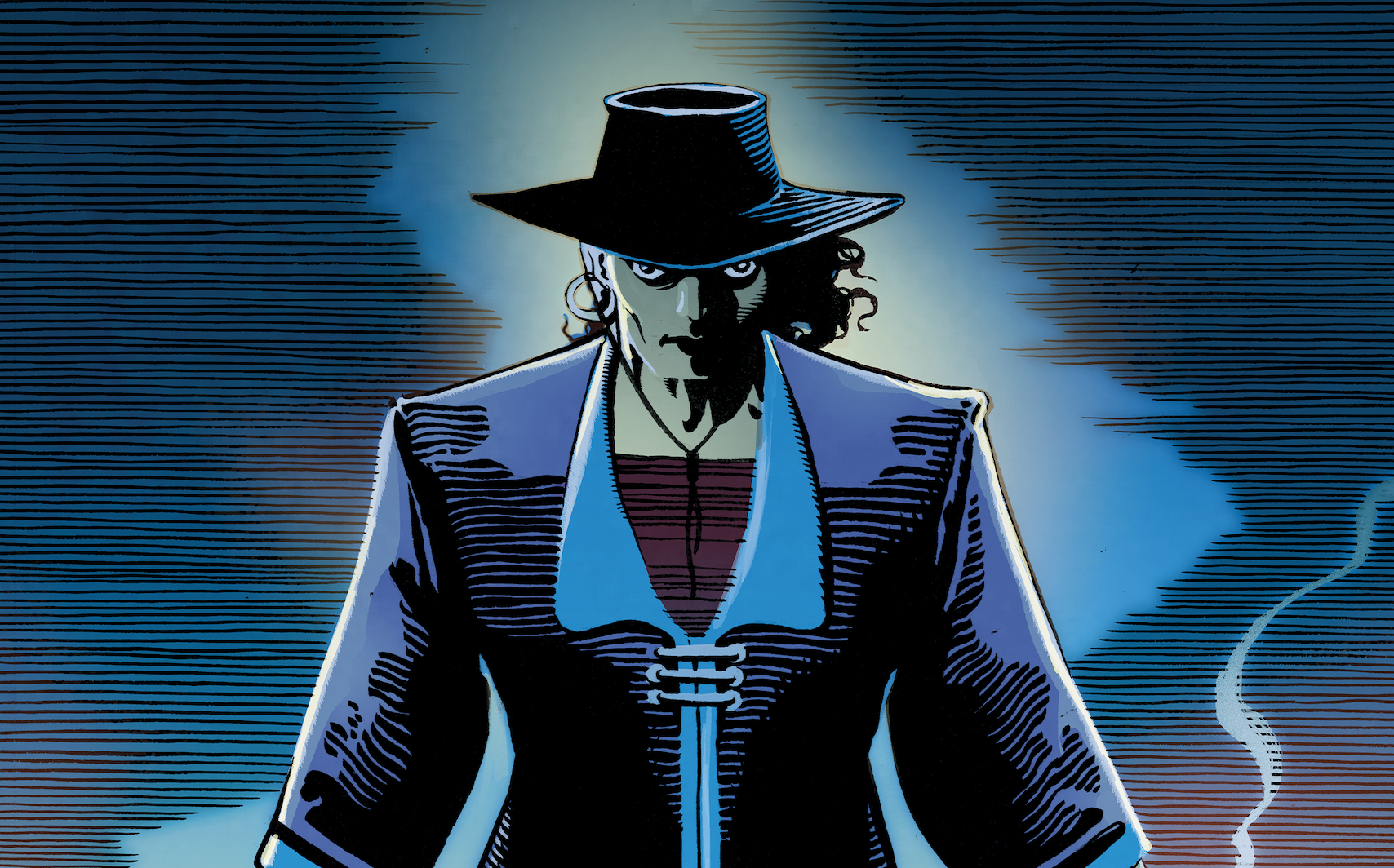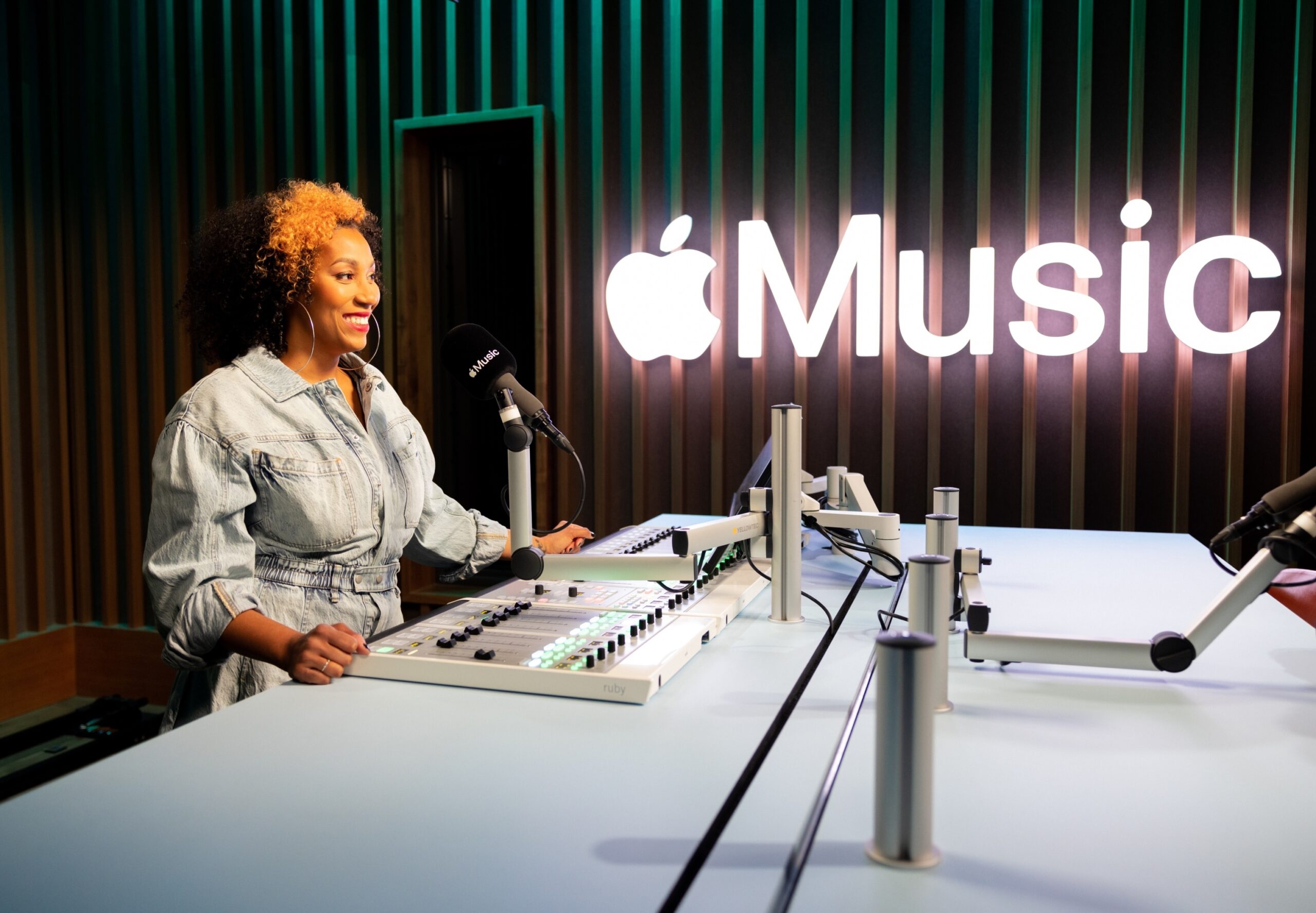
By Cameron Katz
It’s 2006, and my parents are driving my sister and I somewhere that feels really far away. I’m six and she’s five, and we’re watching ‘Schoolhouse Rock’ on the portable TV in the car to keep us entertained. We’ve already watched the mini-episodes about multiplication and grammar, so now it’s onto the history category so we can learn about our country. There’s the iconic “I’m Just a Bill” and “The Great American Melting Pot,” but there’s also an episode about July 4th: “Fireworks.” With its upbeat tune, patriotic newspaper boy, and illustrations of 1776’s most famous moments, any little kid watching this cartoon might think that the founding of the United States was a joyful occasion that brought freedom and justice for all.
Flash forward fifteen years and my understanding of July 4th has changed— but our national narrative hasn’t. Since “Fireworks” first aired in 1976, we have seen the end of the Cold War, invented the computer, witnessed 9/11, elected our first Black President and watched a partisan attack on our Capitol unfold, among other major national events. A lot more than that has happened since 1776, yet we’re still telling the same exact story about our country’s founding.
I’m tired of celebrating the Fourth of July in the same way that we always have. There is something to be said for upholding our country’s traditions, but it’s also critical that we recontextualize our celebrations. For example, do not get me wrong, flying the flag is always going to be a hugely important part of recognizing those that came before us. However, there is a lot more to the 4th of July than frantically researching flagpole installation tips to ensure that you have the highest-flying flag on your street.
Our current July 4th narrative, honestly, is just inaccurate. Contrary to the popular narrative, July 4th was not a day of freedom for most people living within the borders of the former British colonies. The “Land of the Free” was only that to white, land-owning men. Everyone else had to contend with restrictions— sometimes violent ones— on their civil, bodily, and human rights.
My generation, Gen-Z, is often accused of hating America. We receive a lot of attention in the news: as students struggling through school during a pandemic, as teenagers with a strange sense of humor, as digital natives with massive social media followings, as activists for causes we believe in, especially environmental justice. But while everyone is interested in what we’re doing and how we’re living, it’s rare that anyone asks about what we think.
There’s a pervasive stereotype that young people aren’t civically engaged, that we’re too busy on our phones to pay attention to politics. However, according to Cassandra’s Generations Report, 59% of us are actively engaged in civics, even though half of my generation can’t even vote yet.

When I and other members of my generation criticize July 4th, we’re met with disbelief and offense. It’s the ultimate taboo. “Can’t you just have fun?” “Why do you have to make everything political?” However, my criticism isn’t coming from a place of hatred. On the contrary, I’m interested in how we can honor our country by better upholding the promises made during this foundational moment in its history. Liberty, equality, the pursuit of happiness— these ideals were written into the Declaration of Independence in 1776, but they aren’t yet realized for everyone, even in 2021.
I, along with many other Gen Z’ers, want to know why.
This is not to say that the conversation about how we celebrate the 4th of July isn’t already occurring. It is, especially in informal spaces like social media. But it’s not a conversation that every American is having. There is an opportunity for the nation’s history institutions— which, by definition, are public-oriented spaces designed to facilitate discussions about these big questions— to take a more active role in reshaping how we engage with America.
Over the past year, Made By Us, a coalition led by major history institutions like the Smithsonian’s National Museum of American History, the National Archives Foundation, and the Charles H. Wright Museum, among others, has been working with young people and organizations across the country to launch the first ever “Civic Season.” The season will run from Juneteenth, a holiday that has taken on new resonance in our country in recent years, until July 4th.
This year, my generation has the opportunity to not just discuss the meaning behind July 4th, but also what it means to be an American— how we can use our voices to make a difference, what symbols we should commemorate, and much more.
Gen-Z is especially equipped to not just partake, but to lead this conversation. We have a unique political perspective. I’m 22, meaning that my political awareness developed largely after the 2016 election, during one of the most contentious and politically polarized periods to date. That perspective is vital to understanding where our country is going, especially as more and more members of Gen-Z become eligible to vote.
There’s more to the story of the 4th of July than just a 3-minute Schoolhouse Rock episode. We have all of the tools in hand to start this important conversation— now, we need to start talking.


Cameron Katz is originally from Tampa, Florida. She recently graduated from Emory University with a double major in History and English Creative Writing. Cameron completed a history honors thesis about felony disenfranchisement in Florida and is interested in social justice, reading fiction, and digital art.
















